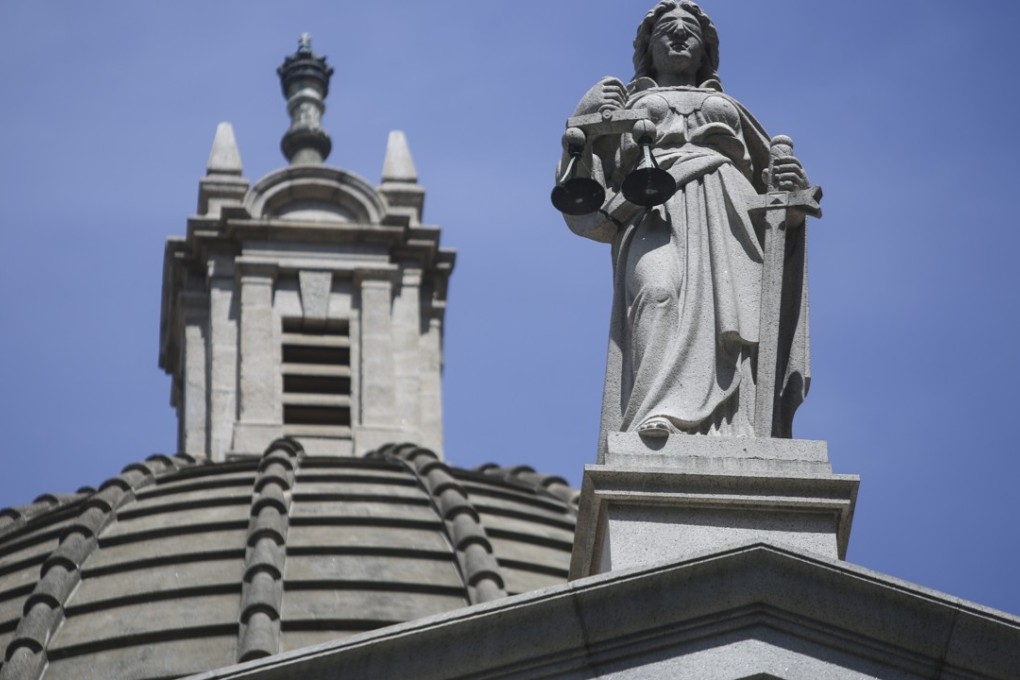Advertisement
Opinion | Does Carrie Lam support Hong Kong’s courts when they promote individual rights, or back Beijing?
Regina Ip says Hong Kong’s chief executive needs to decide where she stands because an independent judiciary, upholding individual rights over national interests, will remain at odds with Beijing and its backers here
Reading Time:4 minutes
Why you can trust SCMP

All governments love to be loved. So, governments can be forgiven for wanting to dig deep into their pockets to do good, but no government can stand its ground without strongly held convictions.
In the colonial era, the British administration courted local support by hewing to traditional Chinese values. But, when push came to shove, the British rulers stood firmly by their “core values” – respect for the fundamental worth of the individual and distrust of power.
Holding firm to its humanitarian values, Hong Kong, under then-governor Sir Murray MacLehose, sheltered as many as 250,000 Vietnamese boatpeople after the fall of Saigon, even as close relatives of Hong Kong residents from mainland China were repatriated everyday. As the transfer of power in 1997 approached, Hong Kong decriminalised homosexual acts between consenting adults in private in 1991 and expunged the death penalty from its statute books in 1993. All were unpopular decisions at the time, but the government pushed ahead with its plans after token consultation.
Advertisement
Granted, the government at that time did not have to face periodic opinion polls on its approval rating, or lobby legislators for votes. But it did run the gauntlet of conservative Chinese opinion. Somehow, it was able to foist its beliefs on the predominantly Chinese community without causing too much discord.
It is not entirely clear what the current administration truly believes in. Ever since taking over as chief executive, Carrie Lam Cheng Yuet-ngor has positioned herself as a staunch defender of the judiciary. Lam had enhanced the appeal of serving on the bench, supporting fattening the salary and benefits of top judges and extending their retirement age.
Advertisement

Advertisement
Select Voice
Choose your listening speed
Get through articles 2x faster
1.25x
250 WPM
Slow
Average
Fast
1.25x
